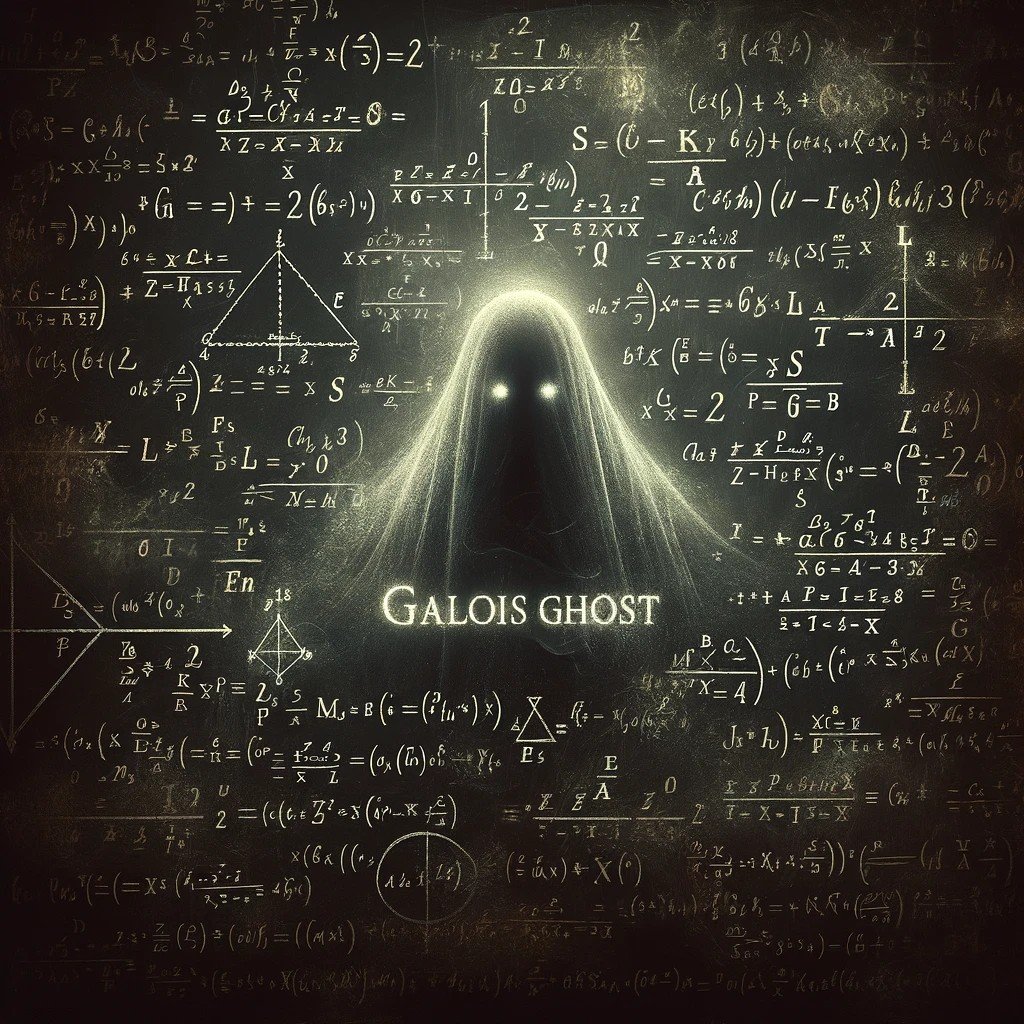From Buenos Aires to Bangkok, Montreal to Moscow, the languages may differ, but nearly every taxi driver or street vendor in the world understands one word made famous during a raucous U.S. presidential campaign nearly 200 years ago.
It’s “OK”: a tiny word that punches well above its weight. It means both “yes” and “I understand.” It’s a noun: I got the OK for this story from my editor; a verb: She OK’d it and an adjective: The story turned out OK.
It’s even a simple interjection: OK! Enough with the grammar lesson!
[Article]
Nothing ever changes in human nature:
It germinates from a linguistic fad of the time — a playful trend not unlike Cockney rhyming slang in which people “would abbreviate common phrases with deliberate, jocular misspellings,”
deleted by creator
“Martin Van Buren will show you the way”
It stands for all correct





